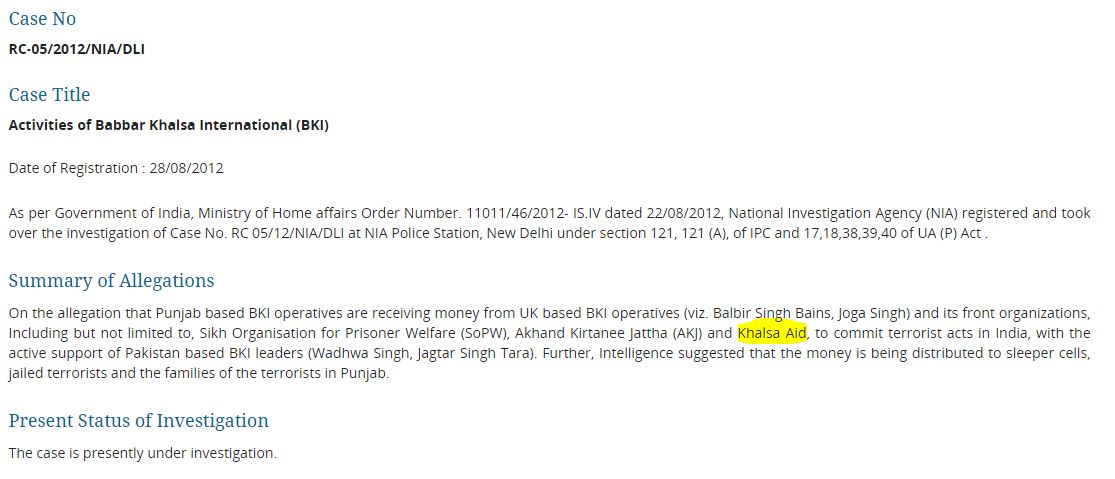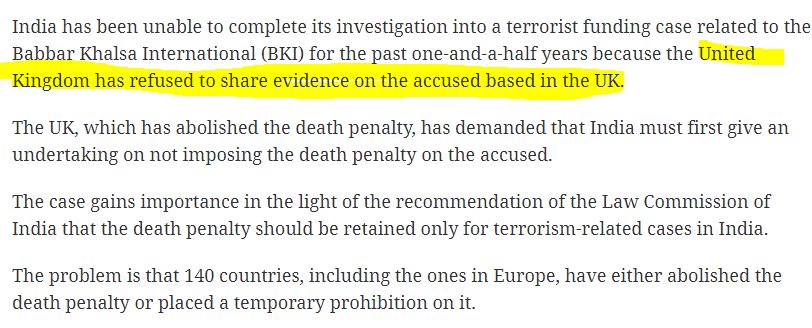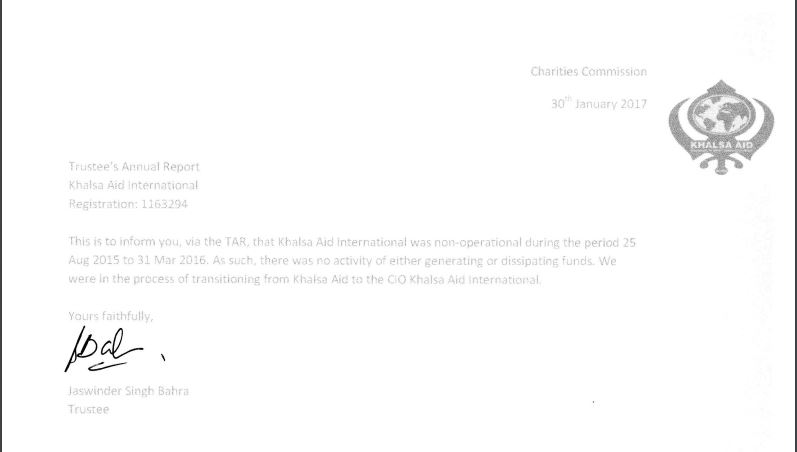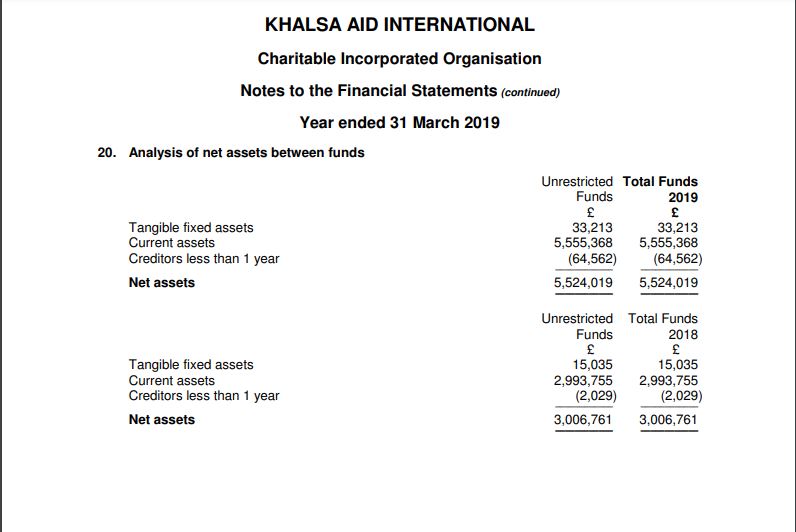Back at Westminster Magistrates’ Court this morning attempting to monitor a call over hearing in the case of @wikileaks publisher Julian Assange. This is the last such hearing scheduled before the extradition decision will be given on 4 January.
Thread. 1/
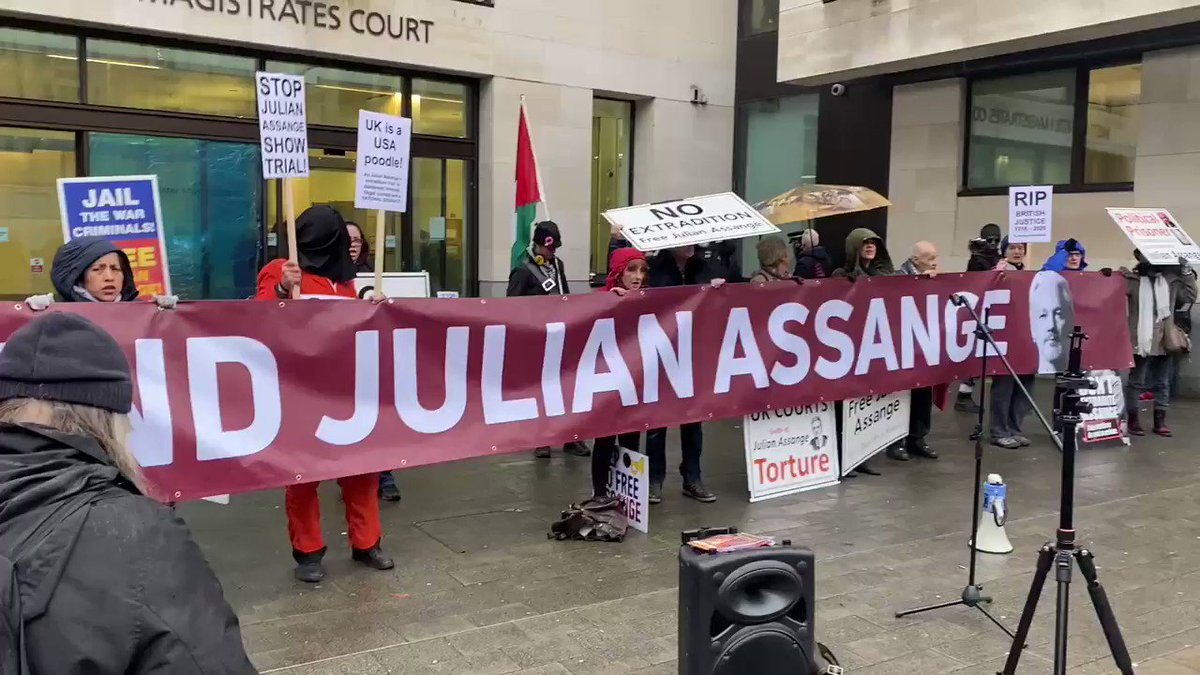
More from Crime
And why is Justin Trudeau's father's Pierre Elliott Trudeau foundation show the near identical FBI confirmed "boy lover" pedophilia logo in the foundations 2015-2016 annual report document on page 2?
@TheoFleury14 @roccogalatilaw @joe_warmington @TPostMillennial @GenFlynn https://t.co/gLQVzJM8AQ

@TheoFleury14 @roccogalatilaw @joe_warmington @TPostMillennial @GenFlynn https://t.co/gLQVzJM8AQ

I\u2019m wondering the same. Link to article:https://t.co/GqTAYkNcbd pic.twitter.com/oyEuPUYl4G
— Ziad \U0001f1e8\U0001f1e6 Eh! (@ZiadSatNam) December 4, 2020






